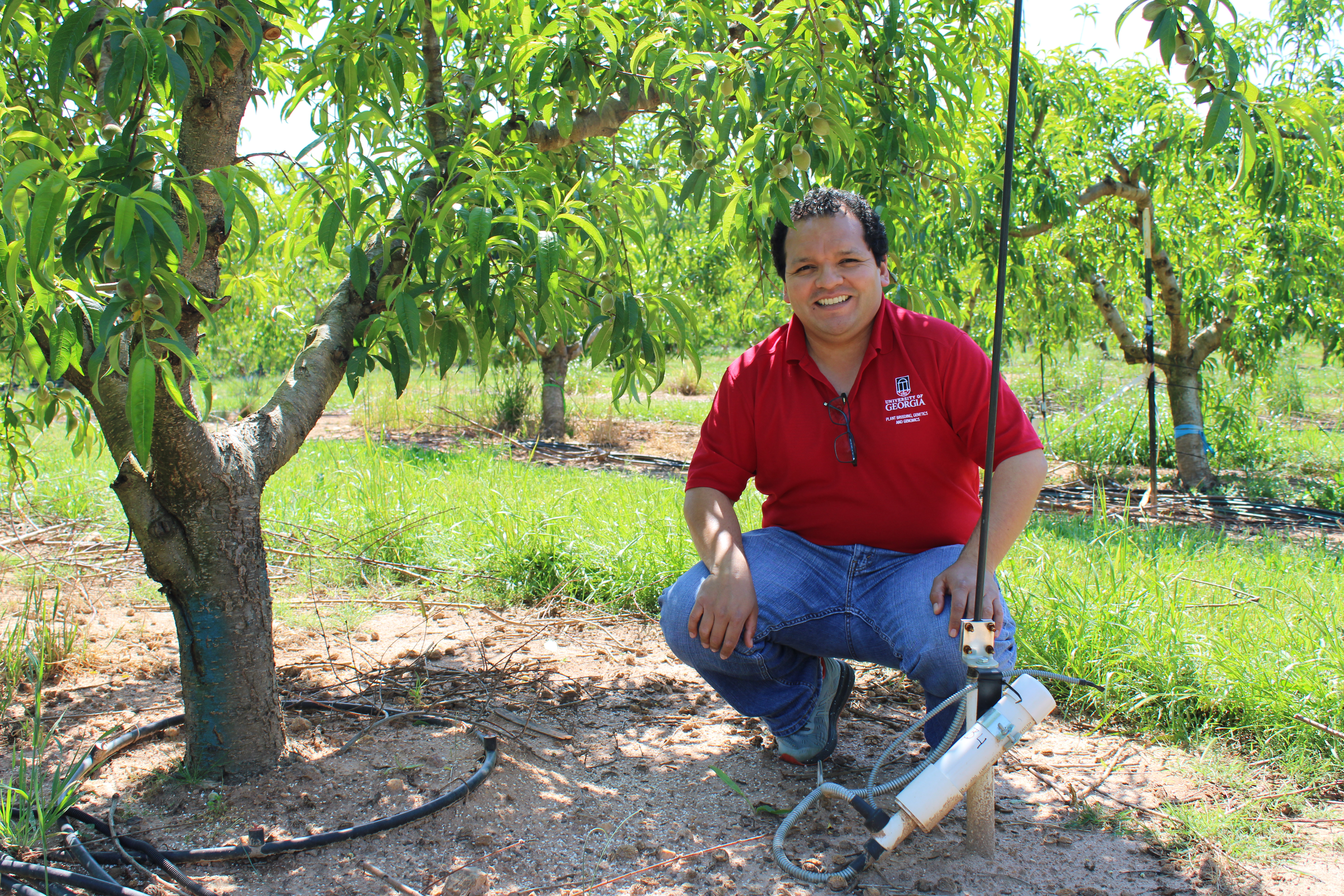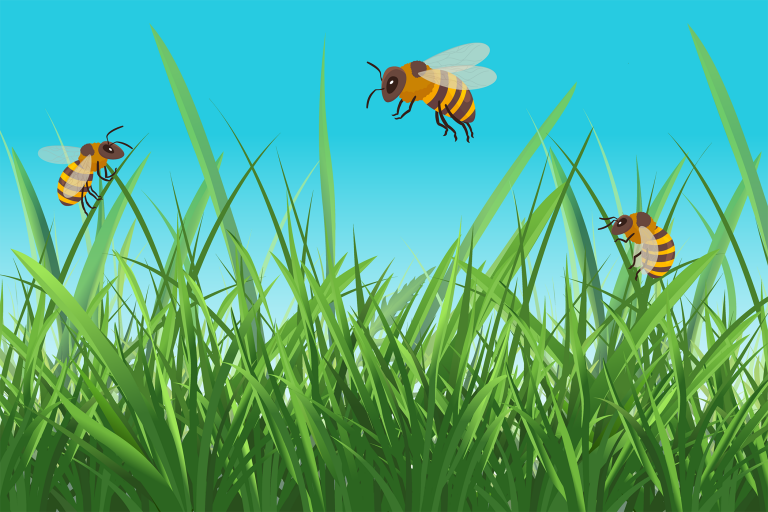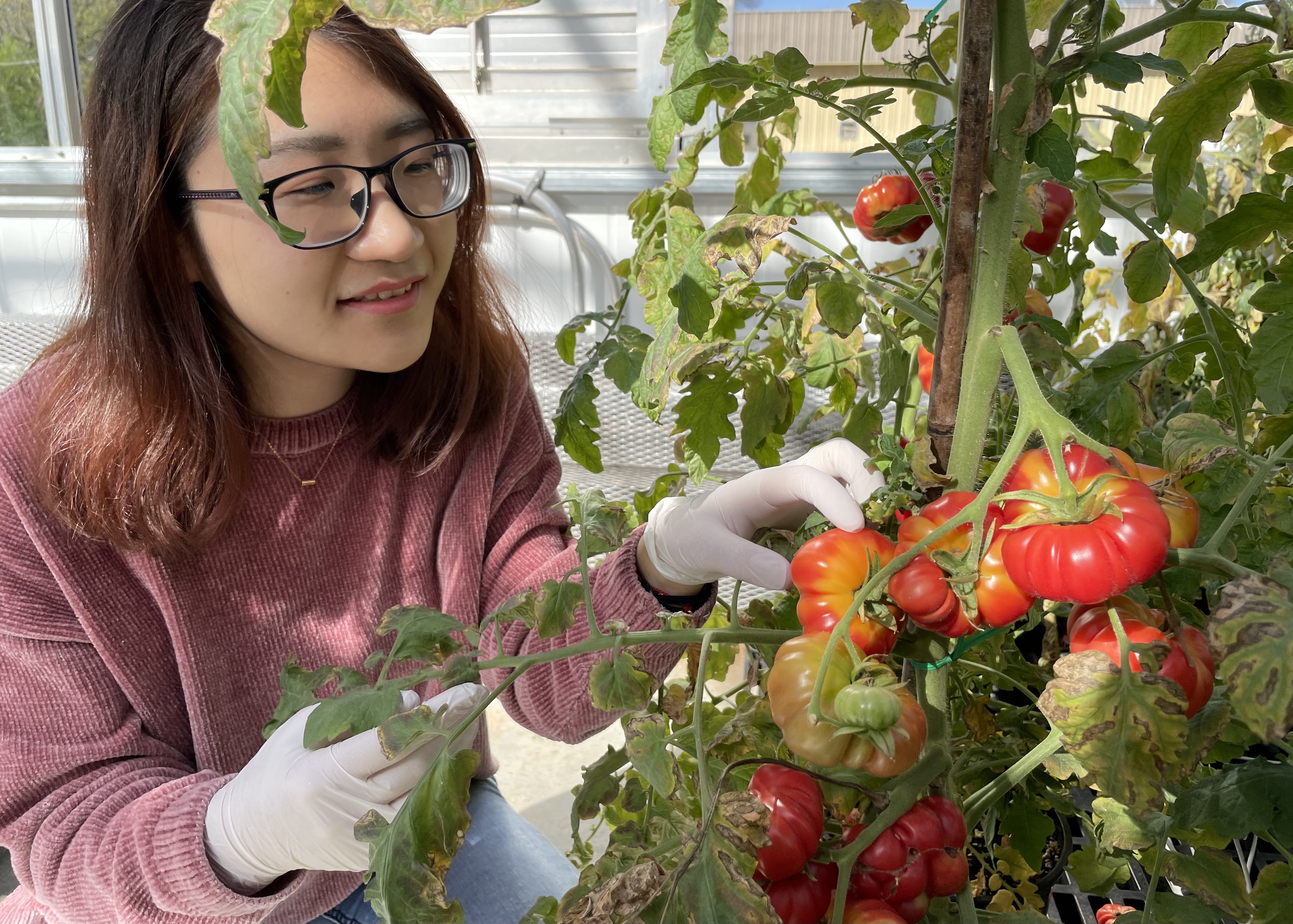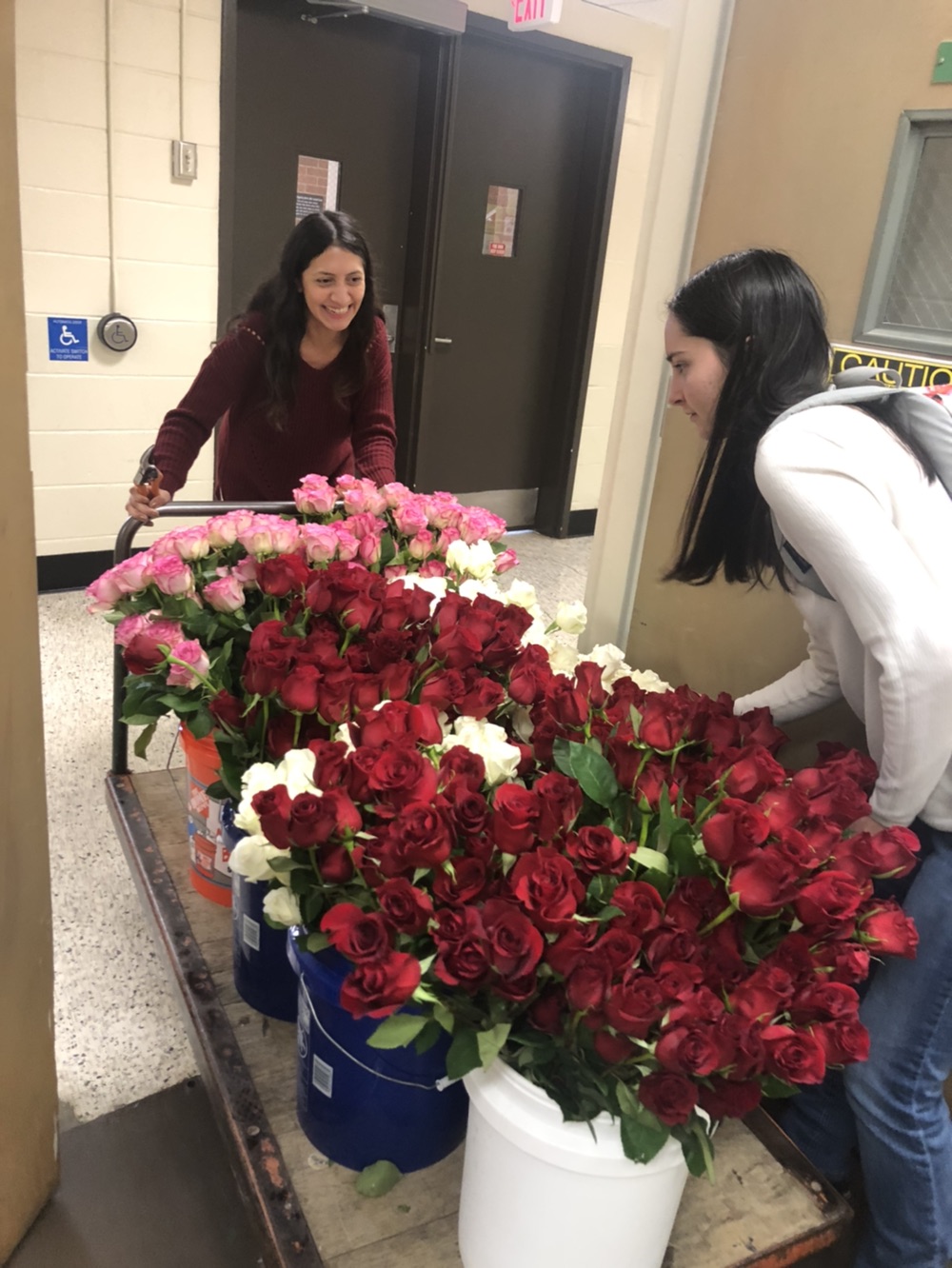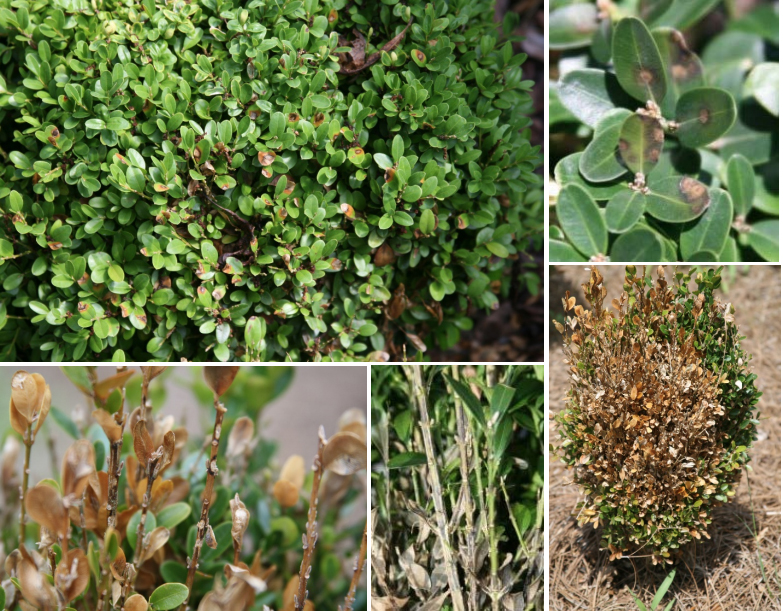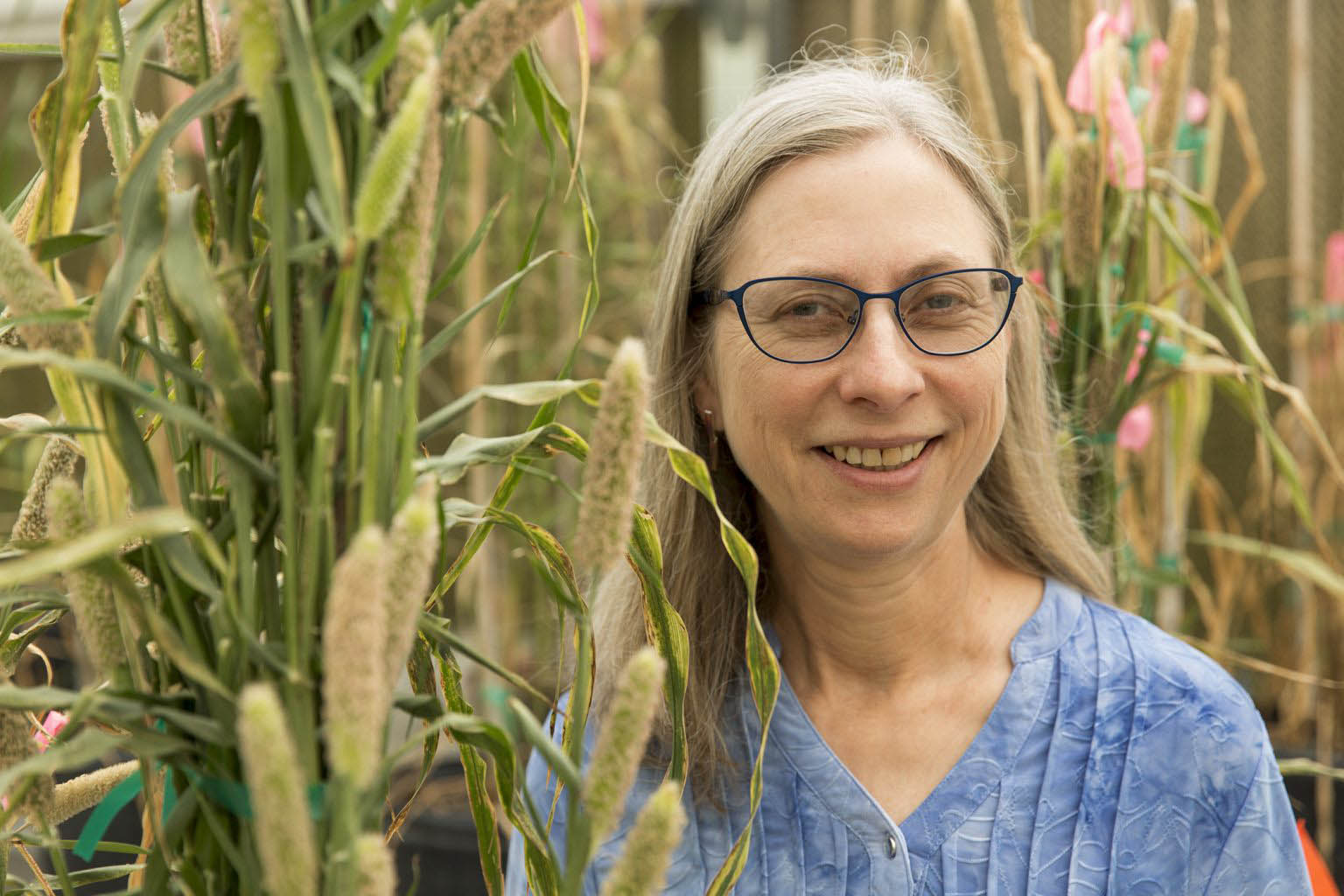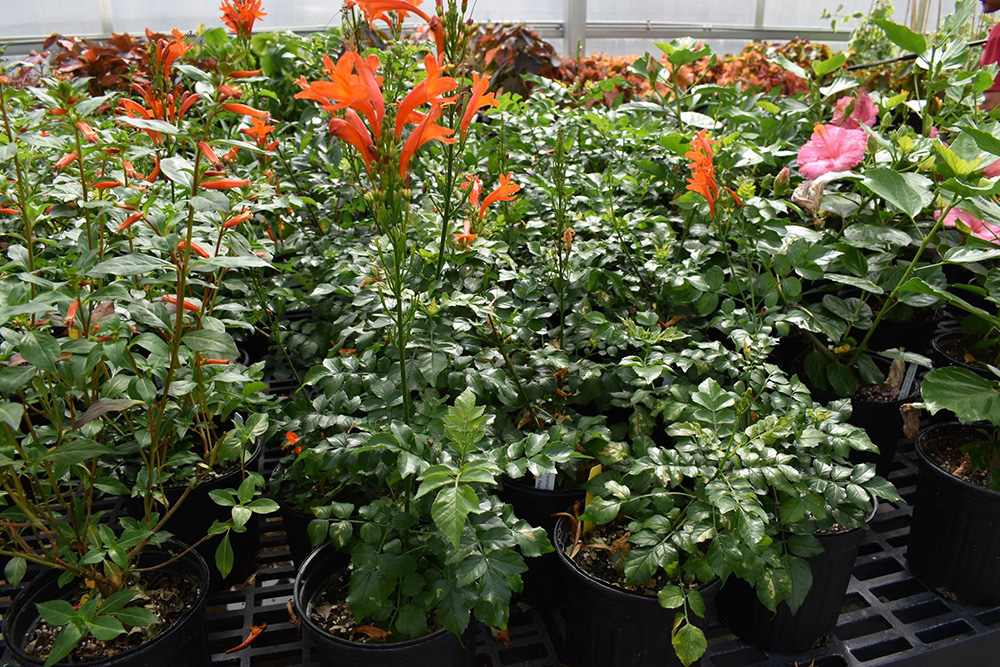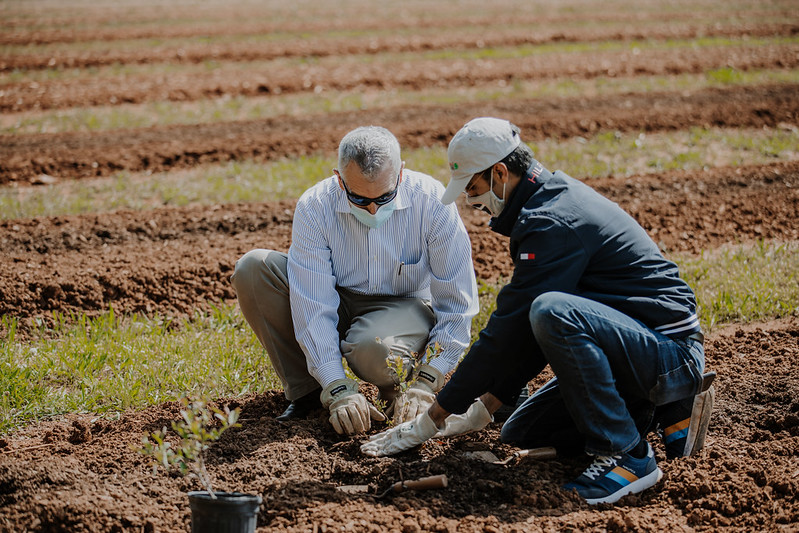 CAES News
CAES News
Blueberry Research
Native to North America, blueberries are the most-recently commercially domesticated fruit in the U.S. Just a little over a century ago researchers began studying this wild berry with an intent to develop improved varieties for commercial cultivation.

